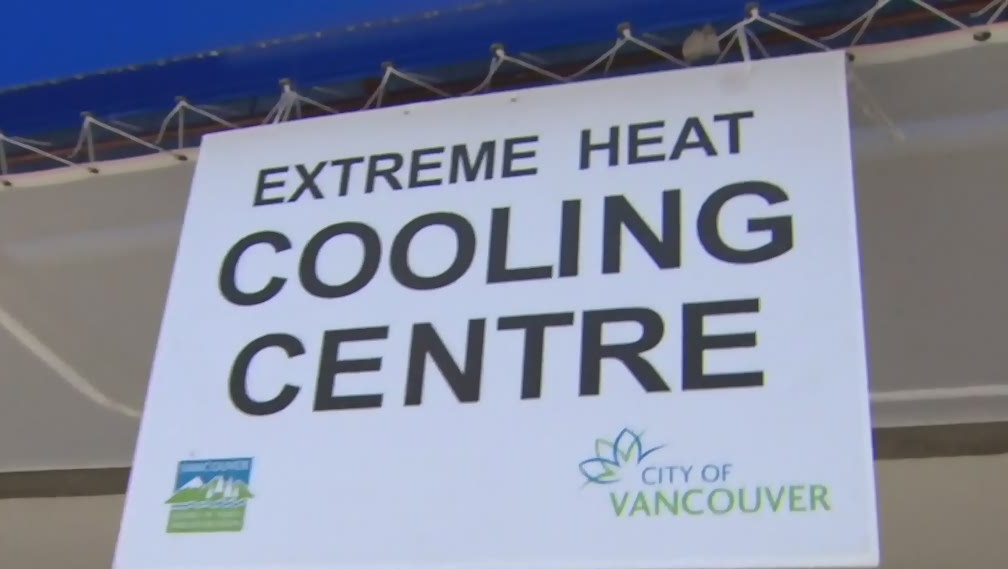
Dying for weeks: New details emerge as B.C. heat dome death toll rises
CTV
The death toll for B.C.'s heat wave is higher than previously calculated, due in part to the addition of several deaths that happened more than a month after the event.
As the BC Coroners Service has revised the province’s death toll up to 595, we now know that some of those people took more than a month to die from the damage the heat dome inflicted on their bodies.
Data collected and published by the coroners shows that the heat dome period (during which the rare meteorological event shattered temperature records across the province) was June 25 to July 1 with 526 deaths reported. But two people died from the heat in the week leading up to the extreme weather, 43 died the week after, and several more died during the week of Aug. 6-12.
“The injury [that took their life] was actually the heat injury that occurred initially in that week but the people sadly ultimately succumbed in the weeks after,” explained Dr. Taj Baidwan, chief medical officer for the BC Coroners Service. “The organs take time sometimes and the body fights against dying and essentially those processes take time and that's what we saw."
In 2011, Health Canada published “Extreme Heat Events Guidelines: Technical Guide for Health Care Workers” with extensive information about the risks of heat waves and the health consequences. It cited neurological symptoms like confusion and delirium, heart issues, swelling, shock and organ failure among the extreme outcomes of heat stroke that could ultimately lead to death from hyperthermia.
"The effects would've been very obvious in those people but it would've taken them a while to succumb," explained Baidwan. "Say someone gets renal failure, we've got so many great ways we can help people with renal failure and maybe we were able to help for a certain amount of time and eventually it was decided there was nothing more that could be done and that process could take weeks, sometimes."
As meteorologists warned the temperatures could smash past previous records and be dangerous to human health, B.C.’s health authorities issued an unprecedented warning about the conditions – but few outside the healthcare system knew the warning had never before been issued and even medical experts underestimated the death toll.
Health officials have never provided statistics or any accounting of how many British Columbian received treatment for heat-related health issues during that time, and city planners are urging them to make that information available in addition to the analysis of heat dome fatalities.
